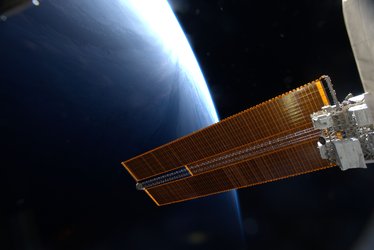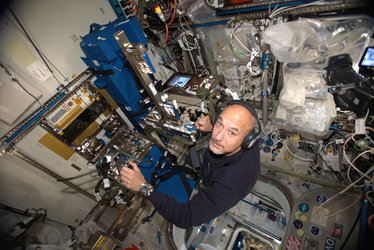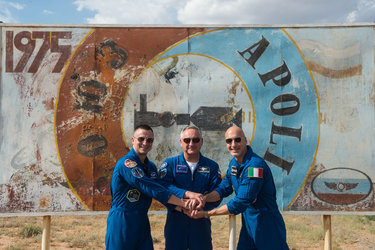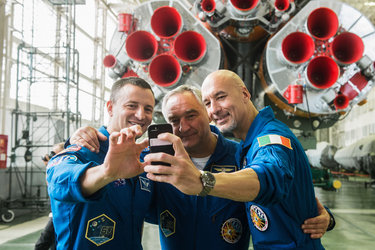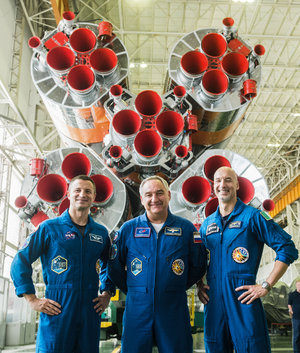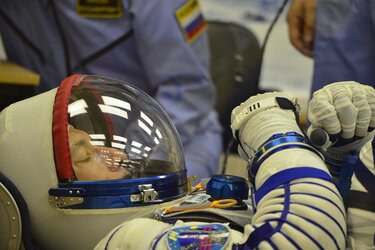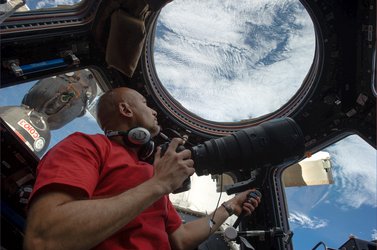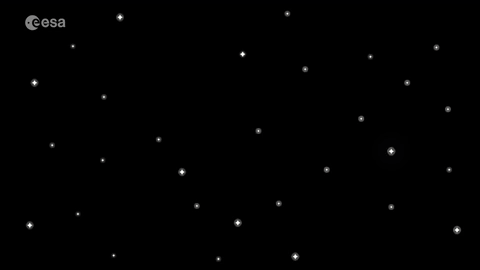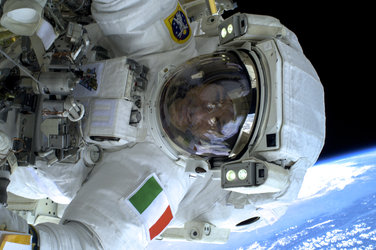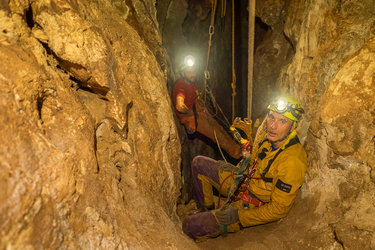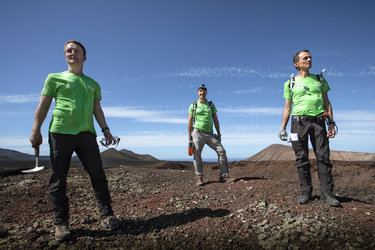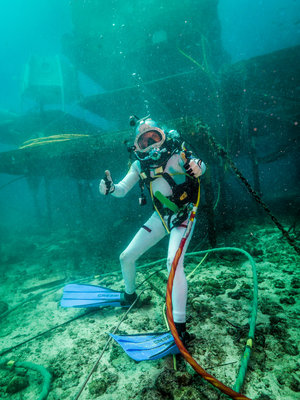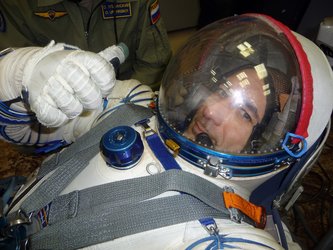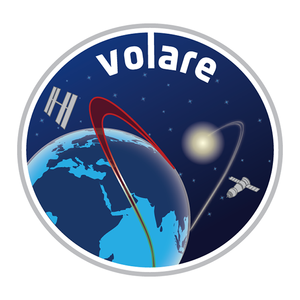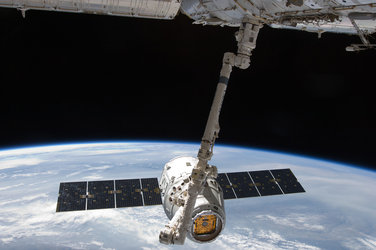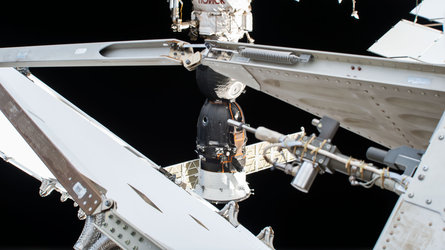ESA welcomes Luxembourg Deputy Prime Minister
Luxembourg Deputy Prime Minister Etienne Schneider paid a special visit to ESA’s astronaut centre in Cologne, Germany today where he expressed commitment to strengthening international collaboration in the field of space resources and innovation alongside ESA Director General Jan Wörner.
The visit follows the establishment of a SpaceResources.lu initiative in 2016, designed to promote and develop the research, economic and legal aspects of space resources. Over the past two years, ESA and the Luxembourg Space Agency (LSA) have been working together to explore opportunities for international cooperation and have identified common objectives for research and development.

Now, LSA is in the process of establishing a Luxembourg Space Resources Research Centre, with a view to creating additional opportunities for European and international innovation. Its initial focus is on extraction, processing and manufacturing to advance sustainable space exploration.
Local sourcing for space
The cost of launching people and materials into space and the lack of an established, affordable means of resupplying essentials such as fuel and food is currently a major barrier to sustainable space exploration.
Overcoming these challenges, through developing technology that can turn indigenous material into oxygen and water, fuel or building materials will open up new opportunities for Europe in space, and provide new business opportunities, with flow-on benefits for communities on Earth.

As ESA looks to take its next steps to the Moon and Mars, in-situ resource utilisation is a major focus. The agency has already made significant progress in this area by developing the ESA Strategy for Space Resources that implements a number of ground-based research, technology and mission definition activities, using in-situ resources for sustainable space exploration.
LSA is also investing in the development of new capabilities and technologies relating to the exploration and utilisation of space resources, in close collaboration with the space industry.
A common goal
Agencies, science and research communities, start-ups, traditional space industry and new non-space companies all have unique expertise to contribute to the development of technologies and processes that will help Europe achieve its goals of sustainable exploration.
Luxembourg and ESA have identified four potential areas for European collaboration. These are: research, business incubation, knowledge management, and community management.
All four areas have partnership and business creation at their core, alongside research and development and technology maturation, and both agencies believe collaboration and cooperation will be essential as Europe seeks to position itself as a key player in the next phase of space exploration.



